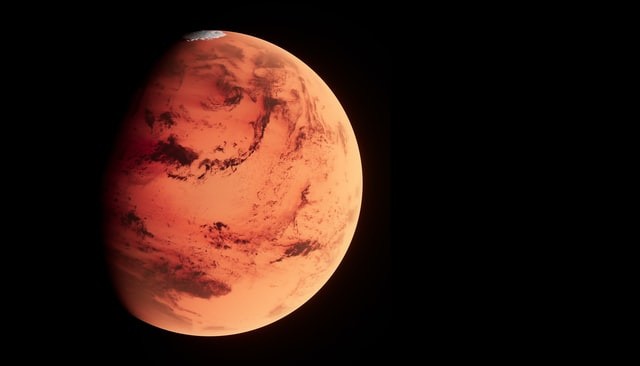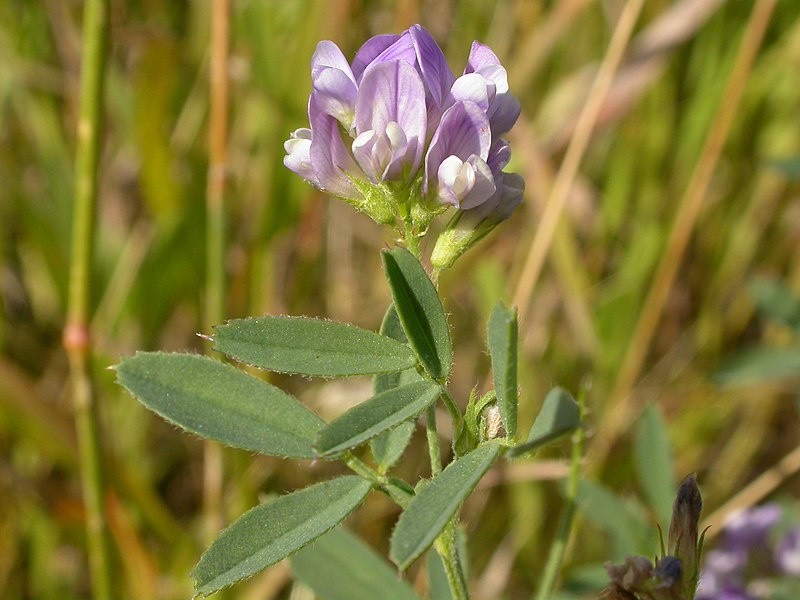Wish to cultivate plants on Mars? An effort by a high school student uncovers two Red Planet hacks.
Alfalfa plants and photosynthetic bacteria may help make Martian soil and water suitable for farming, according to research conducted by a then-high school sophomore. Normally, the soil and water on Mars are too harsh for crops to flourish.

=
Planting in Mars
Given the excessive expense of sending anything from Earth to Mars, feeding personnel there will be a significant barrier for any lengthy human trip there. Although Mars' soil lacks the organic elements that most plants require to thrive and its water is very salty, scientists have long tried to find a way to cultivate crops there.
Researchers looked at ways to maximize Martian water and soil used in the new study. Because Martian soil is primarily made up of crumbled volcanic rock due to past volcanism on the Red Planet, the researchers conducted their experiments using volcanic boulders from hardware and fireplace stores.
High School Researcher

Pooja Kasiviswanathan, a Ames High School in Iowa student, was in charge of this investigation. According to Kasiviswanathan, "As I was growing up, I often used to wonder if there is a possibility for life in alien habitats, which led to my great love in astrobiology."
The researchers found that Alfalfa frequently gathered as hay for cattle and thrived on this nutrient-poor soil. Additionally, the powder created when the researchers broke up the alfalfa plants might be used as fertilizer to encourage the growth of turnips, radishes, and lettuce in the normally arid soil similar to Mars.
According to research co-author and biogeochemist Elizabeth Swanner of Iowa State University in Ames, "I find it most astonishing that we were able to grow alfalfa simply on simulated Martian regolith with no nutrient supplements," she told Space.com. This has potential since Alfalfa may be used to fertilize the regolith and encourage the growth of food plants that wouldn't typically flourish there.
Utilizing Everything

The researchers also discovered a marine bacteria strain called Synechococcus sp. PCC 7002, a chemical frequently used in saltwater desalination facilities on Earth, proved successful in removing salt from salty water like that on Mars. By filtering water exposed to bacteria through the type of volcanic rocks found on Mars, the researchers might further improve this desalination process.
Kasiviswanathan remarked, "I think our findings can boost study for NASA's Mars mission for the upcoming years."
Various Factors
While food crops flourished in the enhanced soil, the turnips, radishes, and lettuce that the researchers planted were not exceptionally nutritious; thus, the results still did not resemble those grown on Earth. Despite perhaps having a low calorie density, Swanner remarked that these meals "definitely supply important vitamins and minerals to humans." "I believe this study shows that alfalfa can be used for biofertilization, and additional plant-based food growth should be researched in the future."
The air was also less similar to Mars, even though the soil and water did. The scientists attempted to do these tests in an atmosphere similar to Mars', which is high in carbon dioxide, but growing plants in an airtight setting were exceedingly challenging. With a little budget, "this was a challenge for us, but it's also definitely a next step for the study," Swanner said.
For more space news, don't forget to follow Nature World News!
© 2026 NatureWorldNews.com All rights reserved. Do not reproduce without permission.





